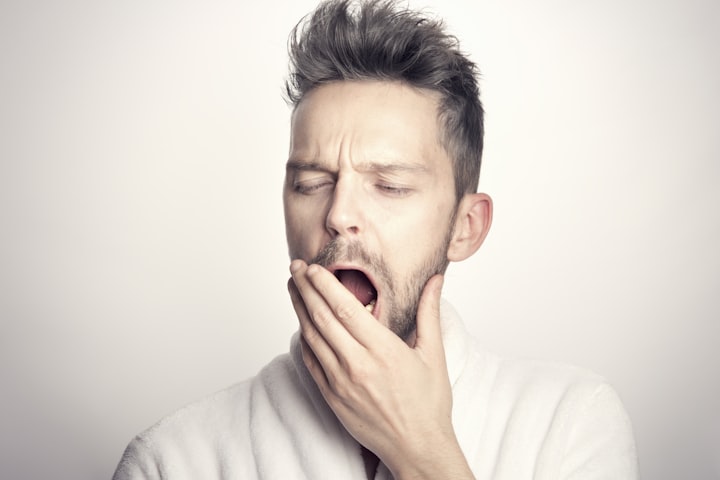10 Tips For Managing Symptoms Of Insomnia
10 Tips For Managing Symptoms Of Insomnia

Insomnia is a sleep disorder characterized by difficulty falling asleep, staying asleep, or both. It affects millions of people worldwide and can have a significant impact on their physical and mental health. Insomnia can be caused by a variety of factors, including stress, anxiety, depression, chronic pain, and certain medications. While there is no cure for insomnia, there are many ways to manage its symptoms and improve sleep quality. In this article, we will discuss ten tips for managing the symptoms of insomnia and how to overcome insomnia.
Tip #1: Establish a Regular Sleep Schedule
One of the most effective ways to manage insomnia is to establish a regular sleep schedule. This means going to bed and waking up at the same time every day, even on weekends. By doing this, you can help regulate your body's internal clock and improve sleep quality.
Tip #2: Create a Sleep-Friendly Environment
Creating a sleep-friendly environment can also help manage insomnia symptoms. This means making sure your bedroom is cool, dark, and quiet. You may also want to invest in a comfortable mattress and pillows, and remove any distractions, such as televisions or computers.
Tip #3: Limit Caffeine and Alcohol Intake
Caffeine and alcohol can both disrupt sleep and exacerbate insomnia symptoms. It is important to limit or avoid these substances, especially in the hours leading up to bedtime.
Tip #4: Get Regular Exercise
Regular exercise can help manage insomnia symptoms by reducing stress and anxiety, promoting relaxation, and improving overall health. However, it is important to avoid exercising too close to bedtime, as this can actually make it harder to fall asleep.
Tip #5: Practice Relaxation Techniques
Relaxation techniques such as deep breathing, meditation, and progressive muscle relaxation can help manage insomnia symptoms by promoting relaxation and reducing stress and anxiety. These techniques can be practiced in bed or during the day to help manage stress and promote relaxation.
Tip #6: Avoid Napping
While napping can be tempting for those with insomnia, it can actually make it harder to fall asleep at night. It is important to avoid napping, especially in the afternoon or evening.
Tip #7: Consider Cognitive Behavioral Therapy
Cognitive-behavioral therapy (CBT) is a type of talk therapy that has been shown to be effective in treating insomnia. CBT can help identify and address negative thought patterns and behaviors that contribute to insomnia, and promote healthy sleep habits.
Tip #8: Try Over-The-Counter Sleep Aids
Over-the-counter sleep aids such as melatonin or diphenhydramine can be helpful in managing insomnia symptoms. However, it is important to talk to a healthcare provider before starting any new medication, as some sleep aids can be habit-forming or have negative side effects.
Tip #9: Practice Good Sleep Hygiene
Good sleep hygiene involves adopting healthy sleep habits, such as avoiding stimulating activities before bed, keeping a consistent sleep schedule, and creating a sleep-friendly environment. Practicing good sleep hygiene can help manage insomnia symptoms and improve overall sleep quality.
Tip #10: Talk to a Healthcare Provider
If insomnia symptoms persist despite lifestyle changes and self-care techniques, it may be helpful to talk to a healthcare provider. They can help identify underlying causes of insomnia, such as depression or anxiety, and recommend appropriate treatment options.
Conclusion
Insomnia can be a frustrating and debilitating condition, but there are many ways to manage its symptoms and improve sleep quality. By establishing a regular sleep schedule, creating a sleep-friendly environment, limiting caffeine and alcohol intake, getting regular exercise, practicing relaxation techniques, avoiding napping, considering cognitive-behavioral therapy, trying over-the-counter sleep aids, practicing good sleep hygiene, and talking to a healthcare provider, individuals with insomnia can find relief and improve their overall health and wellbeing.
It is important to remember that everyone's experience with insomnia is unique, and what works for one person may not work for another. Therefore, it may be necessary to experiment with different techniques and strategies to find the ones that work best for you.





Comments
There are no comments for this story
Be the first to respond and start the conversation.